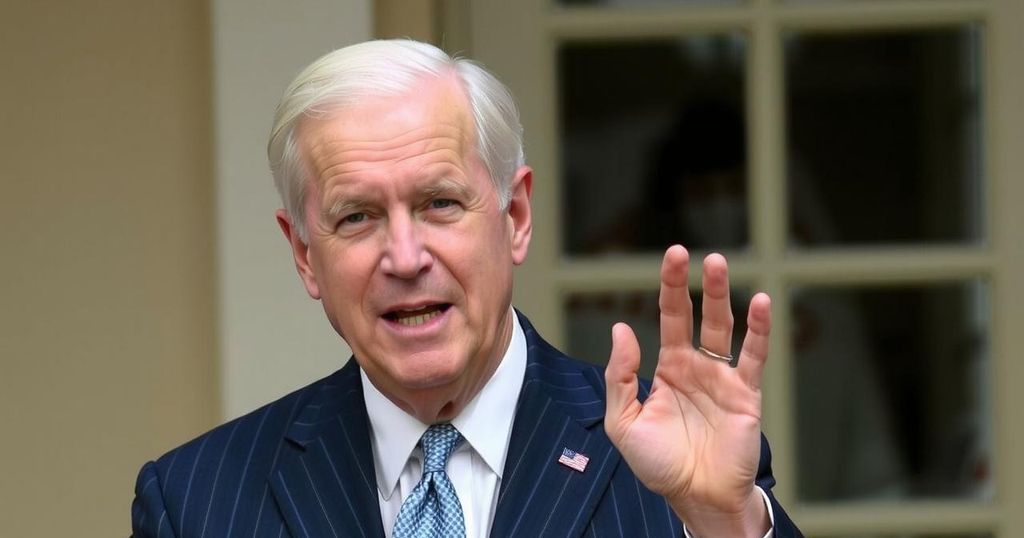Biden Administration Renews Iran Sanctions Waiver Amid Controversy

The Biden administration quietly renewed a controversial sanctions waiver allowing Iran to access $10 billion from Iraq for electricity purchases just two days after Election Day. This renewal, despite opposition from congressional Republicans, facilitates financial transactions potentially aiding Iran’s funding of terrorism, raising significant concerns about U.S. foreign policy.
The Biden administration has extended a contentious sanctions waiver that allows Iran to access approximately $10 billion from Iraqi funds, just two days following President-elect Donald Trump’s electoral victory. This waiver, which has repeatedly been renewed by Secretary of State Antony Blinken despite opposition from congressional Republicans, facilitates Iran’s financial transactions related to electricity purchases from Iraq. On November 7, the State Department confirmed that the waiver was renewed for the twenty-third time since 2018, now valid for an additional 120 days, coinciding with the early months of President Trump’s anticipated second term.
The waiver permits Iran to draw nearly $10 billion held in escrow accounts in Iraq, designated solely for humanitarian trade according to U.S. officials. However, this arrangement enables the Iranian regime to transfer payments for electricity to accounts in Oman, where they can be converted into other currencies, potentially allowing Iran to procure goods not subject to U.S. sanctions. It remains uncertain if President Trump will eliminate this waiver upon resuming office, especially given the recent hacking charges against members of Iran’s Islamic Revolutionary Guard Corps related to the Trump campaign.
The State Department emphasized that the waiver’s origins lie within the previous administration, noting that the Trump administration had previously authorized similar extensions. State Department officials maintain that ensuring a stable and secure Iraq is paramount to countering Iran’s influence in the region. However, House Foreign Affairs Committee Chairman Michael McCaul criticized the waiver’s continuation, asserting that it inadvertently finances terrorism, stating, “The House voted to eliminate these waiver authorities — twice. But the Biden administration is still waiving the sanctions, putting more money in the Iranian regime’s pockets to fund its terrorist proxies and nuclear weapons program.”
The sanctions waiver in question has been a point of contention in U.S.-Iran relations. Originally implemented to allow Iraq to purchase electricity from Iran, the waiver has been renewed multiple times under successive administrations, raising concerns among lawmakers regarding its implications for Iranian funding of terrorism and nuclear activities. The recent extension of this waiver by the Biden administration, especially at a politically sensitive time, highlights ongoing debates about foreign policy priorities and national security.
In summary, the Biden administration’s renewal of the sanctions waiver for Iran shortly after the recent election has reignited debate over U.S. foreign policy towards Iran. Critics argue that such waivers enable financing for terrorism and nuclear activities, complicating efforts to exert pressure on the Iranian regime. As President Trump prepares for his potential return to office, the future of this waiver remains uncertain, with significant implications for U.S.-Iran relations and regional stability.
Original Source: nypost.com








